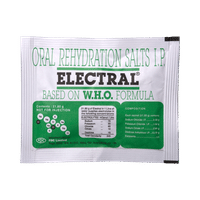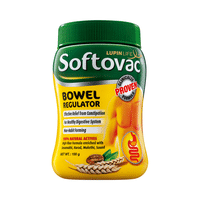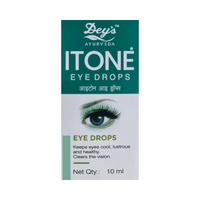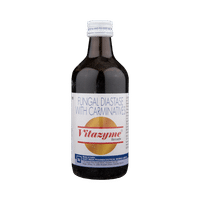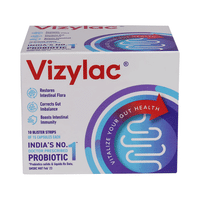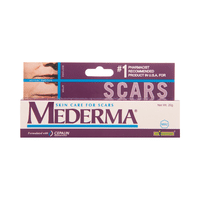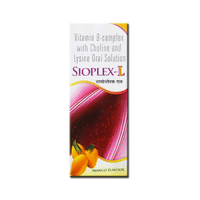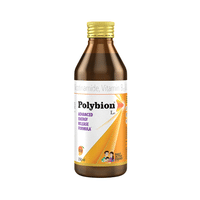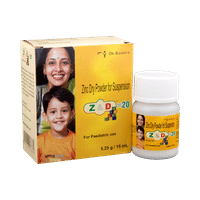Relicef 125mg Tablet DT
Rs.52.40for 1 strip(s) (3 tablet dt each)
food interaction for Relicef Tablet DT
alcohol interaction for Relicef Tablet DT
pregnancy interaction for Relicef Tablet DT
lactation interaction for Relicef Tablet DT
food
alcohol
pregnancy
lactation
Relicef 125mg Tablet DT is to be taken with food.
Avoid Relicef 125mg Tablet DT with dietary sodium.
Avoid Relicef 125mg Tablet DT with dietary sodium.
CAUTION
Consuming alcohol with Relicef 125mg Tablet DT does not cause any harmful side effects.
SAFE
Relicef 125mg Tablet DT is generally considered safe to use during pregnancy. Animal studies have shown low or no adverse effects to the developing baby; however, there are limited human studies.
SAFE IF PRESCRIBED
Relicef 125mg Tablet DT is safe to use during breastfeeding. Human studies suggest that the drug does not pass into the breastmilk in a significant amount and is not harmful to the baby.
Avoid prolonged use of Relicef 125mg Tablet DT, since it may have possible effects such as rash and diarrhea.
Avoid prolonged use of Relicef 125mg Tablet DT, since it may have possible effects such as rash and diarrhea.
SAFE IF PRESCRIBED
SALT INFORMATION FOR Relicef 125mg Tablet DT
Cefuroxime(125mg)
Relicef tablet dt uses
{med_name} is used in the treatment of bacterial infections. It is used for the treatment of bacterial infections of urinary tract, skin and soft tissue, blood, and lungs (pneumonia). It is also used to prevent infections after surgery.
How relicef tablet dt works
Relicef 125mg Tablet DT is an antibiotic. It works by preventing the formation of the bacterial protective covering (cell wall) which is essential for the survival of the bacteria. By doing so, this medicine stops the infection-causing bacteria from growing further and prevents the infection from spreading without making them resistant to further treatment.
Common side effects of relicef tablet dt
Nausea, Vomiting, Abdominal pain, Diarrhea, Allergy, Increased liver enzymes
SUBSTITUTES FOR Relicef Tablet DT
12 Substitutes
12 Substitutes
Sorted By
 Rs. 150save 17% more per Tablet DT
Rs. 150save 17% more per Tablet DT Rs. 125save 31% more per Tablet DT
Rs. 125save 31% more per Tablet DT Rs. 163save 7% more per Tablet DT
Rs. 163save 7% more per Tablet DT Rs. 148.50save 15% more per Tablet DT
Rs. 148.50save 15% more per Tablet DT Rs. 125.19save 31% more per Tablet DT
Rs. 125.19save 31% more per Tablet DT
Expert advice FOR Relicef Tablet DT
- Encourage your child to drink plenty of water in case diarrhea develops as a side effect.
- Your child must complete the entire course of antibiotics. Stopping too soon may cause the bacteria to multiply again, become resistant, or cause another infection.
- Conditions like common cold and flu are caused by viruses. This medicine is not to be taken in such cases.
- Only give Cefuroxime to your child for their current infection. Never save medicine for future illnesses.
- Discontinue giving Cefuroxime and consult the doctor immediately in case your child develops an itchy rash, facial swelling, or breathing difficulties while taking this medicine.
Frequently asked questions FOR Relicef 125mg Tablet DT
Cefuroxime
Q. My child is suffering from a seizure disorder. Can I give Relicef 125mg Tablet DT to my child?
Relicef 125mg Tablet DT may cause seizure activity, particularly in children who have kidney disease. So, Relicef 125mg Tablet DT should be used with caution in children with a history of seizure disorder. If seizures occur, discontinue Relicef 125mg Tablet DT and visit your child’s doctor right away.
Q. What if I give too much of Relicef 125mg Tablet DT by mistake?
An extra dose of Relicef 125mg Tablet DT is unlikely to harm. However, if you think you have given too much of Relicef 125mg Tablet DT to your child, immediately speak to a doctor.
Q. Are there any possible serious side effects of Relicef 125mg Tablet DT?
Some serious side effects of this medicine include persistent vomiting, kidney damage, allergy, diarrhea, and severe gastrointestinal infections. Always consult your child’s doctor for help in such a situation.













